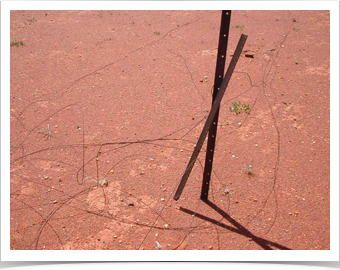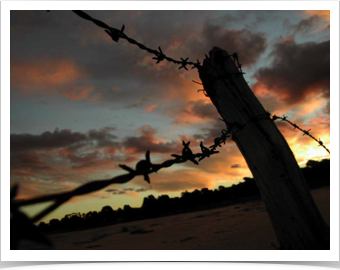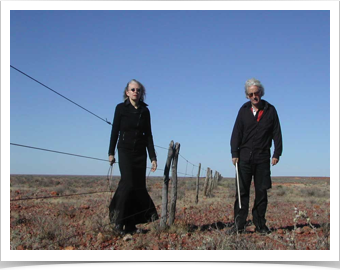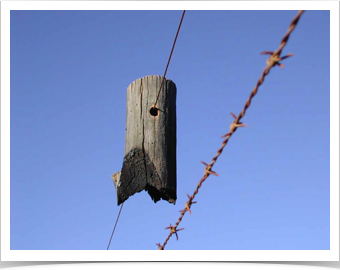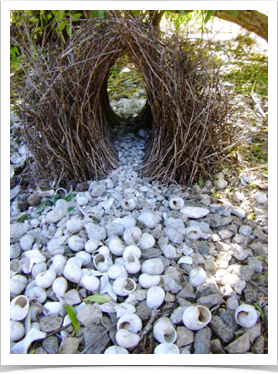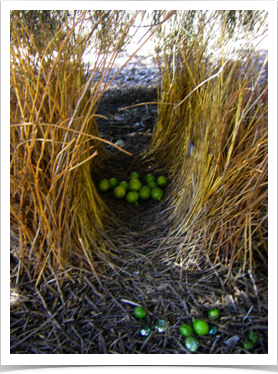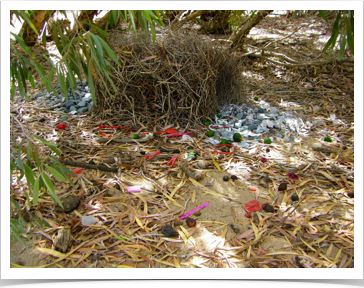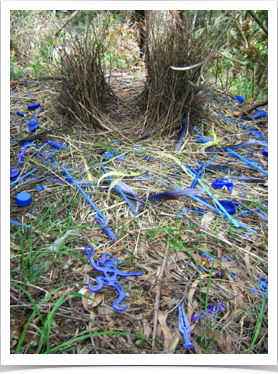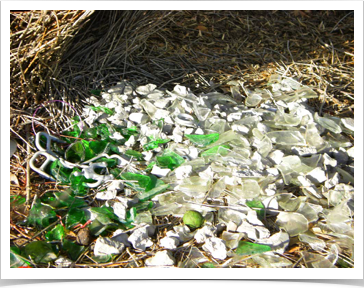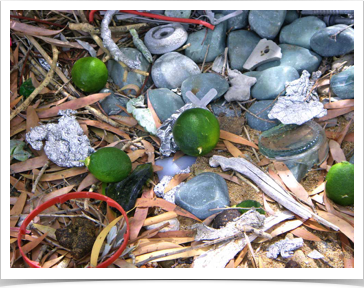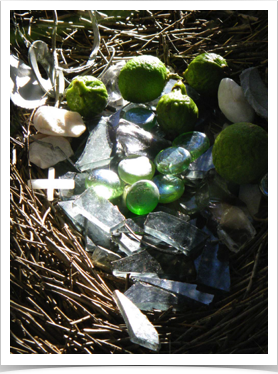PUBLICATIONS:
Taylor, Hollis. Post Impressions: A Travel Book for Tragic Intellectuals. Portland: Twisted Fiddle, 2007.
Taylor, Hollis. "A Taste for the Beautiful." In Esthétique Et Complexité – II: Neurosciences, Évolution, Épistémologie, Philosophie, edited by Zoï Kapoula, Louise-José Lestocart and Jean-Paul Allouche, 181-87. Paris: Editions CNRS, 2015.
Curtis, H. Sydney, and Hollis Taylor. "Olivier Messiaen and the Albert's Lyrebird: From Tamborine Mountain to Éclairs sur l'au-delà." In Olivier Messiaen: The Centenary Papers, edited by Judith Crispin, 52-79. Newcastle upon Tyne: Cambridge Scholars, 2010.
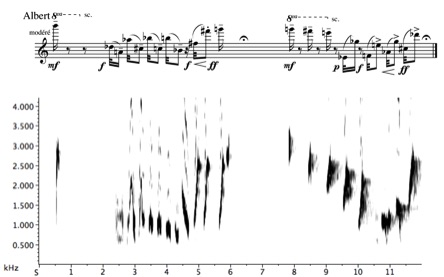
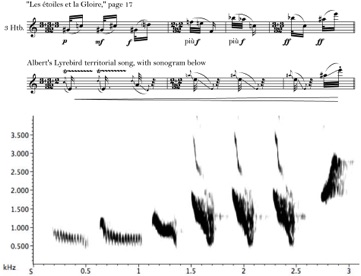
Taylor, Hollis. Is Birdsong Music? Outback Encounters with an Australian Songbird. Bloomington: Indiana University Press, 2017.
http://www.iupress.indiana.edu/product_in808577fo.php?products_id=
ABC Radio National interview on The Science Show:
http://www.abc.net.au/radionational/programs/scienceshow/understanding-birdsong/8710298
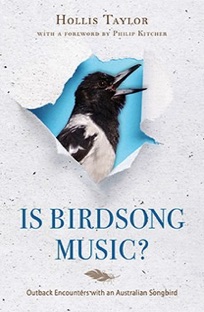
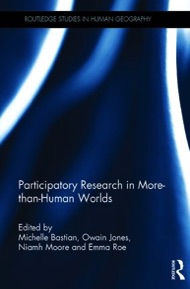
Taylor, Hollis. "Marginalised Voices: Zoömusicology through a Participatory Lens." In Participatory Research in More-than-Human Worlds, edited by Michelle Bastian, Owain Jones, Niamh Moore, and Emma Roe, 38-53. Oxon: Routledge, 2017.
"Hollis Taylor is someone rare and courageous, a pioneer. No one on earth has ever given themselves so fully to the quest to understand bird song as music. Her book Is Birdsong Music? pursues its question with such intelligence and care that her answer is altogether convincing."—Tim Low, author of Where Song Began
"Hollis Taylor has given us one of the most serious books ever written on animal music. Is Birdsong Music? is so engaging that all who care about humanity's place on Earth should read it. We are certainly not the only musicians on this planet."—David Rothenberg, author of Why Birds Sing
"Thirty years ago, many musicologists wondered if women could compose real music. In the intervening years, we have broadened our sights, including not only women as musical agents but also people who hail from locales outside Western Europe and North America. Hollis Taylor now invites us to consider seriously the creativity manifested by Australian birds, challenging our species-centric concepts of music. A fascinating and persuasive book."—Susan McClary, author of Desire and Pleasure in Seventeenth-Century Music
"Progress in the biology of human music is hampered by the notorious intractability of defining music. In this predicament Hollis Taylor boldly asks how much of what we know of human music can be found in the exquisite vocal artistry of perhaps the foremost bird singer, the pied butcherbird. Her pioneering quest for an answer is heroic and wide-ranging, both physically and intellectually, and she shares it with us in this fascinating book."—Björn Merker, editor of The Origins of Music
"One of the best books ever on birdsong—perhaps the best."—Dominique Lestel, author of L'animal est l'avenir de l'homme
"The beautiful book Hollis Taylor has written about the song of the pied butcherbird shows how fertile and pertinent zoomusicology is. Her important bulk of data and reflection support and enrich the ongoing reappraisal of human culture. We musicians are no longer alone."—François-Bernard Mâche, composer and author of Musique au singulier
"Is birdsong music? In this book, Hollis Taylor spends 300 enthralling pages convincing the reader of that.... Her enthusiasm is backed up by multifarious analysis, both musicological and scientific—the latter work verring towards that of someone who would once have been styled a natural philosopher."—John Shand, Limelight Magazine

